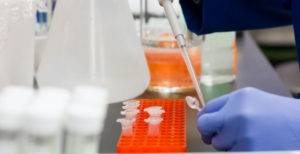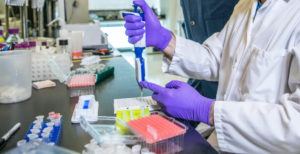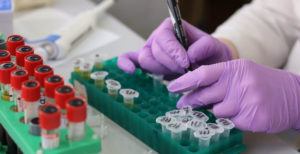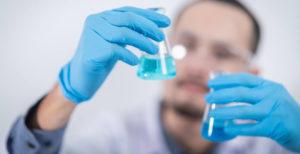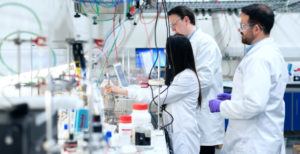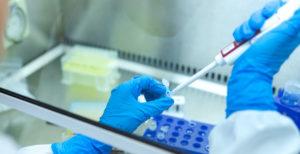US Lab Services DMPK E-Store

Order Assays Online for Quick Delivery
Our US Lab Services team provides express DMPK services that offer optimized, screening-based protocols with deliverables in 5-10 business days. For definitive studies to support regulatory approval, or to customize our online store assays, please contact us.
To view pricing, place online orders, and download reports you must be logged in. Login or create your account here.
View our on-demand webinars within our DMPK series, covering a spectrum of interesting DMPK topics.
View US Lab Services DMPK E-store and Report Download
Purchase assays and download your reports in one convenient location.

